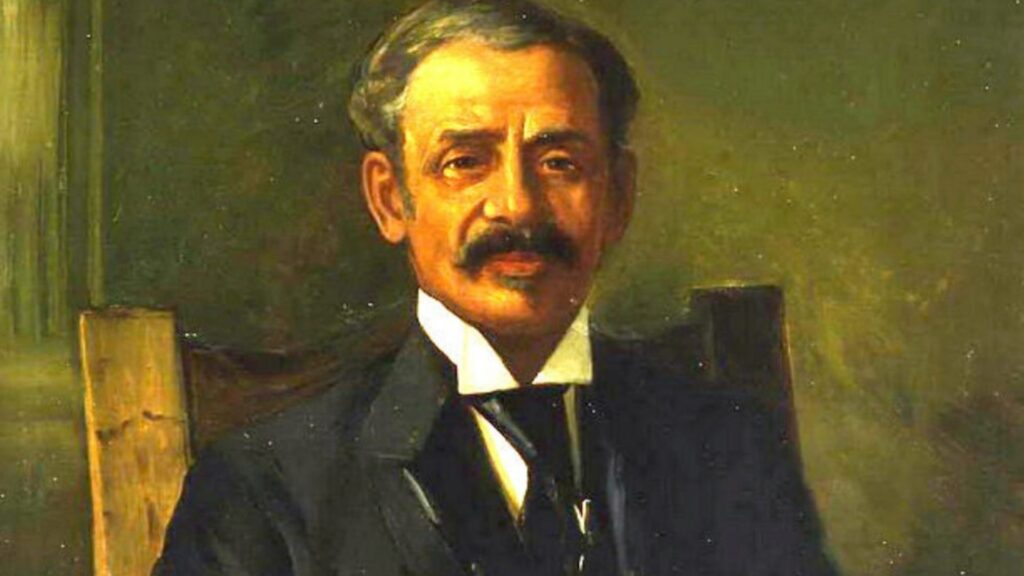Early Black History in Toronto and the Arrival of Paul Robeson
By Bruce Bell, Toronto Historian
In late 1945 a nine-year-old Toronto boy named Harry Gairey went to the Icelandia roller-rink in the Spadina and College Street area, He was refused admission because that the rink for whites only.
Harry told his father, a porter with the railroad and a prominent member of the local Black community, who in turn went to his alderman Joe Salsberg who then made an appointment for Harry Sr. to speak at the next council meeting. The following week Harry Sr stood in the council chambers of what is now Old City Hall. He spoke the following words to an all white city council, “If the powers that be refused my son admission to the Icelandia, I would accept it, if when the next war comes, you’re going to say, ‘Harry Gairey Jr, you’re Black, you stay here, don’t go to war.’ But, gentlemen of the council, it’s not going to be that way, you’re going to say he’s a Canadian and you’ll conscript him and if so, I would like my son to have everything that a Canadian citizen is entitled to, providing he’s worthy of it”.
The very next day, students from the University of Toronto picketed the Icelandia rink. A few months later, the City of Toronto made an ordinance that no theatre, rink or place of entertainment can discriminate because of race, creed, colour or religion.
Around the same time, this human rights edict was making news around the world, the great African American actor/singer/activist Paul Robeson arrived in Toronto with his renowned production of Othello at the Royal Alexandra Theatre. There has probably never been or will be another like Robeson, who was born in Princeton, New Jersey, on April 9, 1898. The son of slaves would go on to be a great athlete, singer, actor and one of the first leaders of the American Civil Rights movement following the Second World War.
With his booming voice he could bring people to tears and then to their feet with his rendition of Ol’ Man River from the musical Showboat both on Broadway and in the 1936 movie version.
There has always been prejudice in our city against people that are Black, Jewish, gay, Greek, Irish, Italian, women, Catholic (need I go on). At the same time, there have always been forward- thinking people who fought against discrimination.
As early as c1842, Black people living in Toronto effectively appealed city council to prohibit travelling American shows that were offensive including banning offensive songs from their repertoire. Then in 1894, Toronto elected William Hubbard to city council (shown in the photo) and became the first Black citizen in Canada to be elected to any public office. Sadly, even with these reforms racism was rampant in our city.
When Black performers headed to Toronto to appear in shows they were barred from staying at downtown hotels. Often, they had to either stay in Black run hotels miles away in the suburbs or be billeted at friends or relatives’ homes.
In 1943, a group of Black American actors set to appear at the Royal Alex in a production of Porgy and Bess starring the great Todd Duncan as Porgy were turned away on a cold and rainy night from the Royal York Hotel after a long train ride from New York.
When Ernest Rawley, the legendary manager of the Royal Alex at the time, heard of this injustice, he marched on down to the hotel. Ernest demanded that his actors be given rooms.
The Royal York said it wasn’t their official policy to ban Black people, they didn’t want to offend their white American guests. Shocked and repulsed, Ernest said that no other company would stay at the hotel if this ridiculous policy didn’t t change immediately. The Royal York did start to allow Black people to stay after that incident. But it wouldn’t be until 1954, when the Fair Accommodations Practices Act was passed in Ontario, and it became the law of the land.
Paul Robeson wasn’t just a civil rights leader for Black people, but for all workers rights around the world. So much so that he was eventually blacklisted and branded a Communist for his ideals. “The artist must take sides. He must elect to fight for freedom or slavery. I have made my choice. I had no alternative.”
After his much adored appearance at the Royal Alex, Robeson wanted to return, but the American Government revoked his passport due to his political leanings, making travel outside the States impossible. So, in 1952 Robeson rented a flat-bed truck that he used as a stage on the American side of the Niagara River/ With amplification, he sang to 40,000 Canadians on the other side.
Robeson’s celebrated presence in Ontario came at a time of sweeping social change challenging racial stereotypes. It made it somewhat easier for an all white city council to hear the stirring appeal from a dad that his son be granted the simple pleasure of roller skating.
After a long and distinguished career, Paul Robeson died on January 23, 1976, in Philadelphia, following complications of a stroke at the age of 77.
Noted Toronto historian, Bruce Bell specializes in in-depth private walking tours of Old Toronto. Email: [email protected] Call: 647.393.8687
